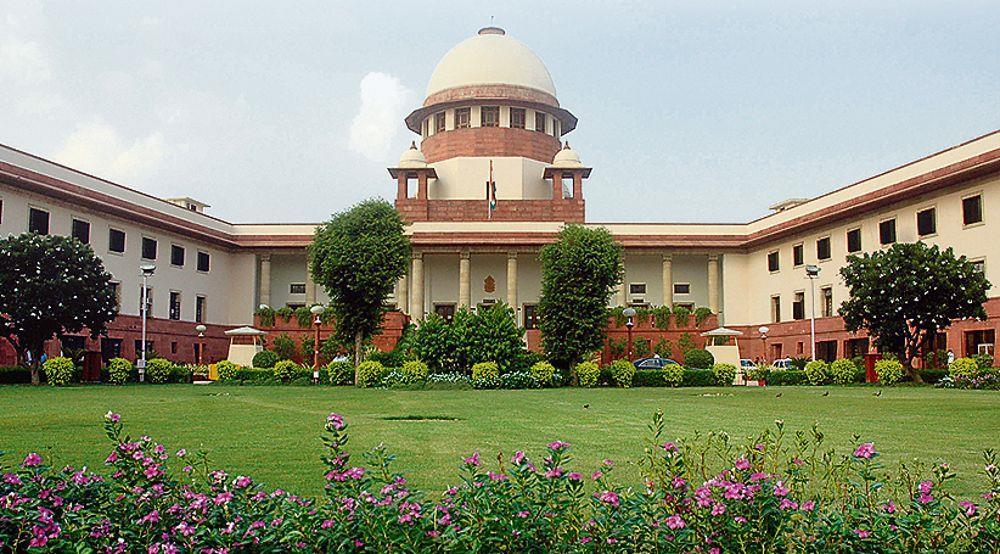
Supreme Court Orders Sale of Ancestral Property for Maintenance Arrears: A Landmark Judgment
Last Updated on October 27, 2023 by News Desk
Issues:
The Supreme Court recently exercised its inherent powers under Article 142 to direct the sale of ancestral property in order to pay maintenance arrears to a wife. This case, involving persistent defiance of court orders, criminal charges, and non-compliance, raises important legal and ethical issues.
Reasoning:
The court, citing precedents in Subrata Roy Sahara v. Union of India and Delhi Development Authority v. Skipper Construction, asserted its authority to ensure justice is served. The wife, living with her widowed mother, sought a prompt resolution of her petition for maintenance under Section 125(3) of the CrPC. This section empowers a Magistrate to take action against those failing to comply with maintenance orders.
The husband’s non-cooperation in both criminal and maintenance proceedings led to various legal battles, including criminal charges. Despite court orders, he and his family failed to make maintenance payments, displaying a persistent lack of compliance.
Arguments:
The Apex Court, considering the wife’s dire financial situation and the husband’s evasive conduct, ordered the sale of six shops from the ancestral property to settle the outstanding maintenance arrears. The court also continued the attachment of rents from a commercial property, seeking to ensure the wife receives her due.
The judgment not only enforces financial responsibility but also attempts to secure justice for the wife who had been left in a precarious situation. It sends a strong message that court orders must be obeyed, and evasive tactics will not be tolerated.
Conclusion:
In a landmark judgment, the Supreme Court demonstrated its commitment to upholding justice, even by exercising its inherent powers. The decision to sell ancestral property to pay maintenance arrears is a significant step towards ensuring that court orders are respected and that justice prevails. This case serves as a reminder of the importance of timely compliance with legal obligations and sets a precedent for addressing non-cooperation in legal matters.
Written by — Athi Venkatesh




